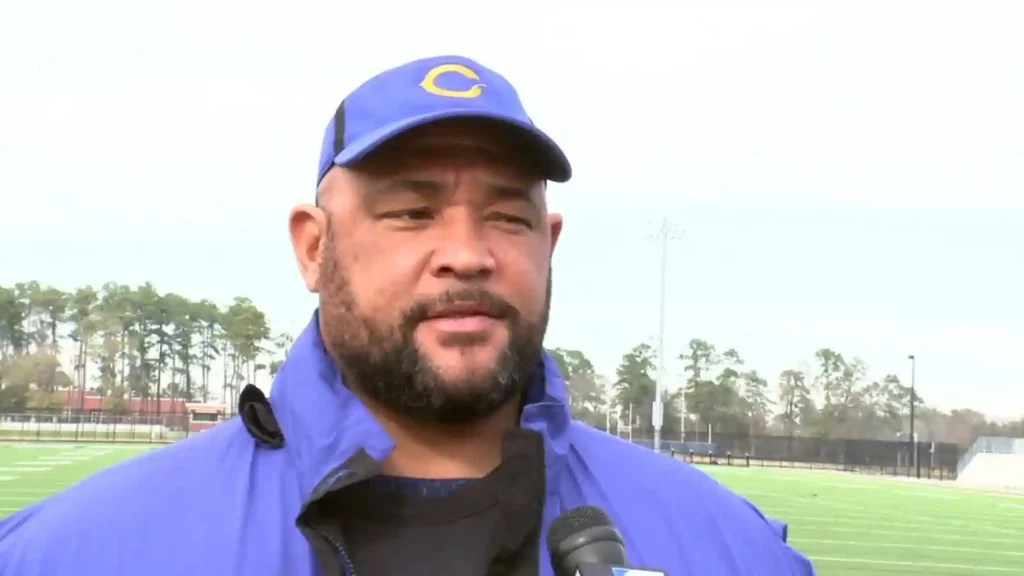Averion Hurts is a term that has been gaining attention in recent years, particularly in discussions surrounding mental health and emotional well-being. It encapsulates the struggles many individuals face when dealing with pain, whether physical or emotional, and the various ways this affects their lives. In this article, we will delve deep into the concept of Averion Hurts, its implications, and effective strategies for managing and overcoming such challenges.
The rise of mental health awareness has shed light on conditions that were once stigmatized or misunderstood. Averion Hurts is one such condition, often associated with feelings of isolation, despair, and emotional exhaustion. Understanding this phenomenon requires not only an exploration of its causes but also an examination of its effects on individuals and communities.
Through this comprehensive guide, we aim to provide expert insights into Averion Hurts, including its symptoms, causes, and potential solutions. By the end of this article, readers will be equipped with knowledge and resources to better navigate their own experiences or support others who may be struggling.
Table of Contents
- What is Averion Hurts?
- Symptoms and Signs of Averion Hurts
- Causes of Averion Hurts
- Impact on Daily Life
- Managing Averion Hurts
- Seeking Professional Help
- Building Support Systems
- Conclusion
What is Averion Hurts?
Averion Hurts refers to a multifaceted experience of pain, encompassing both physical and emotional dimensions. It is not merely a symptom of a medical condition but a complex interplay of various factors that can lead to significant distress in an individual's life.
Defining Averion Hurts
The term "Averion" is often used to describe a state of being that is characterized by persistent pain and emotional turmoil. This can manifest in various ways, including chronic physical pain, anxiety, depression, and feelings of hopelessness.
Understanding the Scope
Averion Hurts affects individuals differently. For some, it may be a temporary state due to specific life events, while for others, it can be a chronic condition requiring ongoing management.
Symptoms and Signs of Averion Hurts
Recognizing the symptoms of Averion Hurts is crucial for early intervention and effective management. Some common symptoms include:
- Chronic pain in various parts of the body
- Frequent feelings of sadness or despair
- Social withdrawal and isolation
- Difficulty concentrating or making decisions
- Changes in sleep patterns (insomnia or oversleeping)
- Appetite changes (overeating or loss of appetite)
Causes of Averion Hurts
Understanding the causes of Averion Hurts is essential for developing effective coping mechanisms. The causes can be grouped into several categories:
Psychological Factors
Many individuals with Averion Hurts experience underlying psychological issues such as:
- Anxiety disorders
- Depressive disorders
- Post-traumatic stress disorder (PTSD)
Physical Health Issues
Chronic health conditions can also contribute to the experience of Averion Hurts, including:
- Arthritis
- Fibromyalgia
- Chronic fatigue syndrome
Impact on Daily Life
The ramifications of Averion Hurts extend beyond the individual, affecting relationships, work performance, and overall quality of life. Some of the impacts include:
Social Relationships
Individuals suffering from Averion Hurts may find it challenging to maintain social connections, leading to feelings of loneliness and isolation.
Work and Productivity
The pain and emotional distress associated with Averion Hurts can significantly impact an individual's ability to perform at work, leading to decreased productivity and job satisfaction.
Managing Averion Hurts
Effective management of Averion Hurts involves a combination of strategies tailored to the individual's needs. Some approaches include:
Self-Care Techniques
- Regular exercise and physical activity
- Practicing mindfulness and meditation
- Maintaining a balanced diet
Therapeutic Interventions
Therapies such as cognitive-behavioral therapy (CBT) and group therapy can provide valuable support and coping strategies for those experiencing Averion Hurts.
Seeking Professional Help
When self-management strategies are insufficient, seeking professional help is crucial. Mental health professionals, such as psychologists and psychiatrists, can provide tailored treatment plans and support.
Building Support Systems
A strong support system is vital for individuals dealing with Averion Hurts. This can include:
- Friends and family who offer emotional support
- Support groups for sharing experiences and coping strategies
- Online communities focused on mental health awareness
Conclusion
In conclusion, understanding Averion Hurts is crucial for recognizing its impact on individuals and society. By identifying symptoms, causes, and effective management strategies, individuals can take proactive steps towards healing. We encourage readers to engage with this topic further—whether by seeking help, sharing their experiences, or supporting others in their journey.
We invite you to leave comments, share this article, and explore more resources on mental health to help create a supportive community for those affected by Averion Hurts.
Thank you for reading, and we hope to see you back on our site for more insightful articles.
Nick Jonas Net Worth: A Comprehensive Analysis
Erin Daniels: Movies And TV Shows That Define Her Career
Unveiling The Mystery: Yumi Eto Nudes - An In-Depth Exploration


